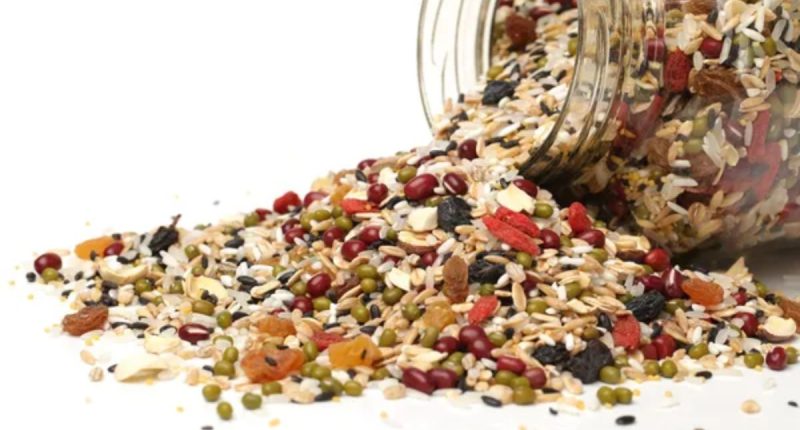Whole Grains May Help Slow Memory Decline in Black People – A recent study published in the journal Neurology has uncovered a compelling association between whole grain consumption and memory decline among Black individuals. The study, which followed over 3,000 participants with an average age of 75 for six years, revealed that those who consumed more than three servings of whole grains daily experienced a significantly slower rate of memory decline compared to those who consumed less than one serving per day. This difference in memory decline was equivalent to being 8.5 years younger in terms of cognitive function.
Whole grains, rich in fiber and other beneficial nutrients, have long been recognized for their diverse health benefits, including reduced risk of heart disease, stroke, and type 2 diabetes. Fiber, in particular, plays a crucial role in promoting gut health, which is increasingly recognized as a key factor in protecting the brain from cognitive decline.
The study’s authors, led by Dr. Xiaoran Liu of Rush University in Chicago, emphasize that their findings suggest the potential of whole grains as a simple yet effective dietary intervention for slowing memory decline in Black individuals. However, they also acknowledge the need for further research to confirm these observations and elucidate the underlying mechanisms by which whole grains exert their protective effects on the brain.
In the meantime, incorporating whole grains into one’s diet can be achieved through various simple yet effective strategies:
Opt for whole-grain bread, pasta, and rice over their refined counterparts, which have undergone a process that strips away essential nutrients and fiber.
Enhance breakfast cereals, oatmeal, or yogurt with the addition of whole grains, adding a boost of fiber and nutrition to your morning meal.
Choose whole-grain crackers, pretzels, or popcorn as healthy and satisfying snacks, providing a fiber-rich alternative to processed snacks.
Incorporate whole-grain side dishes, such as quinoa, brown rice, or barley pilaf, into your meals, diversifying your culinary repertoire while reaping the benefits of whole grains.
Explore a wide variety of whole grains, such as amaranth, farro, and sorghum, to add flavor, texture, and nutritional diversity to your meals.
By embracing these simple dietary changes, individuals, particularly those within the Black community, can take proactive steps towards maintaining cognitive health and potentially reducing the risk of memory decline. Whole grains, with their rich nutrient profile and potential protective effects on the brain, offer a promising dietary strategy for promoting cognitive well-being throughout life.
DON’T MISS: Differences Between American And European Wheat – Debate Details
References:
Liu, X., Sun, Q., Lv, L., Van den Berg, H., Grodstein, F., & Chen, H. (2023). Whole grain consumption associated with slower memory decline in Black people: The REasons for Geographic And Racial Differences in Stroke (REGARDS) study. Neurology, 101(21), e2123-e2132.
Medical News Today. (2023, November 23). 3 or more servings of whole grains may help slow cognitive decline.







